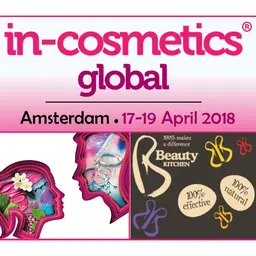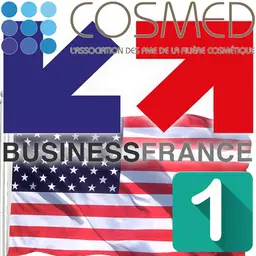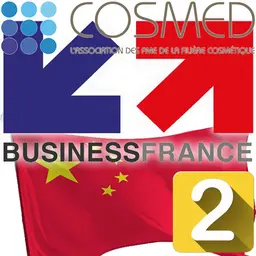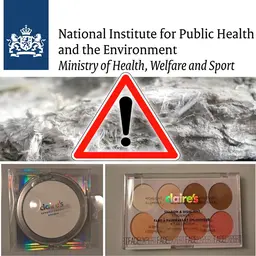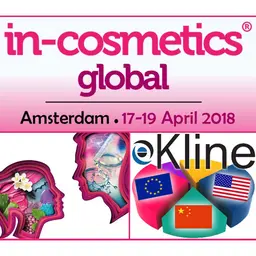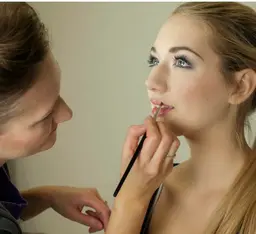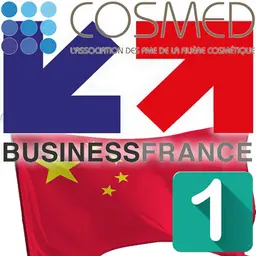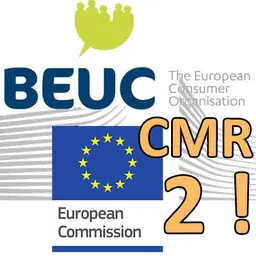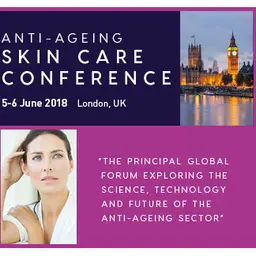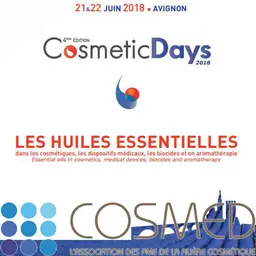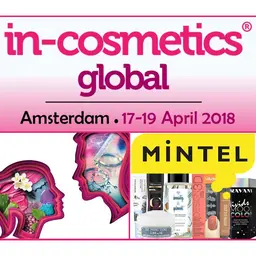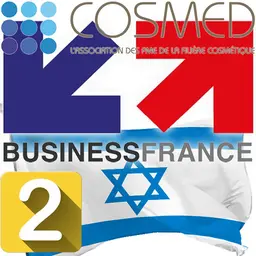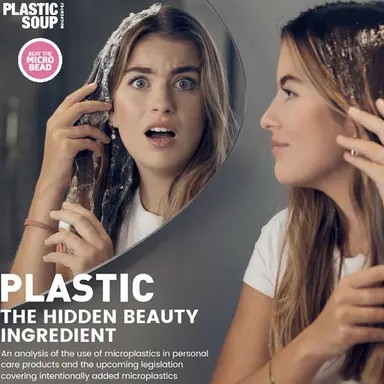
On 7 April 2022, the NGO “Plastic Soup Foundation” published a report denouncing the presence of microplastics in 87% of cosmetic products from the 10 most popular brands in Europe and regretting that the forthcoming European ban is not broader. A “highly misleading” report, says Cosmetics Europe, while the British CTPA points out dangerous errors.
The report “Plastic - The hidden beauty ingredient” is the result of the Plastic Soup Foundation’s investigation into the use of microplastics in cosmetic products, together with an analysis of the forthcoming EU regulation to ban such ingredients in order to contain the environmental pollution they generate.
The survey covered 7,704 products from 10 major brands (L’Oréal Paris, Elvive/Elseve, Garnier, Nivea, Gillette, Oral-B, Head & Shoulders, Dove, Rexona, and Axe), belonging to the four largest European manufacturers (L’Oreal, Beiersdorf, Procter & Gamble, and Unilever).
The result: 87% of them contain microplastics, which the NGO defines as all synthetic polymers, solid, but also liquid and semi-liquid, water-soluble, biodegradable or in the form of nanomaterials.
It denounces the definition adopted by the ECHA in the framework of the forthcoming restrictions on microplastics, and deplores the fact that this definition would only allow for a very small reduction of releases into the environment: “Every minute, over seven kilos of microplastics from cosmetics and personal care products end up in the European environment, according to the European Chemicals Agency (ECHA). If we use the much broader definition of microplastics, we would be talking about at least a 25-fold increase,” it argues.

